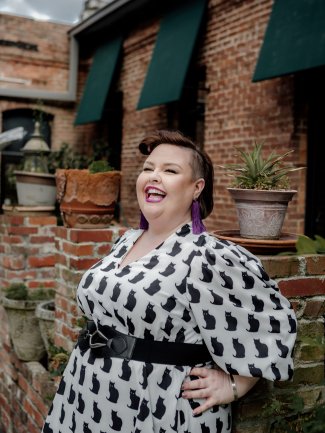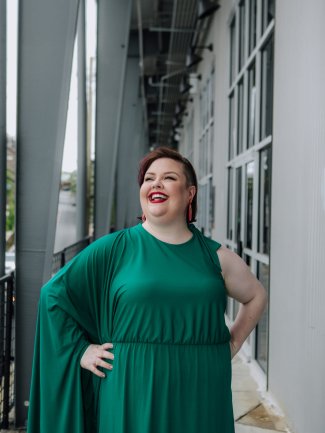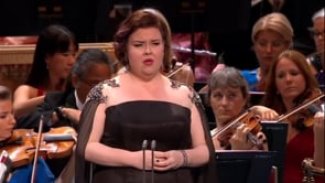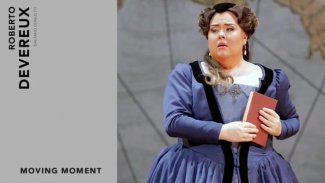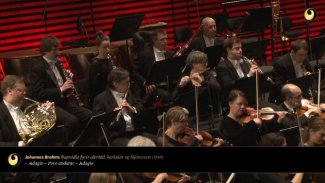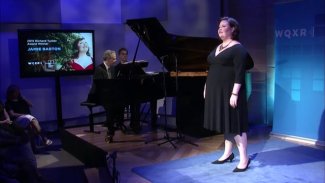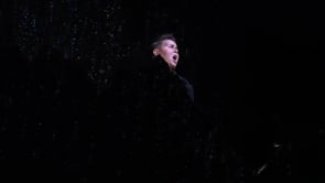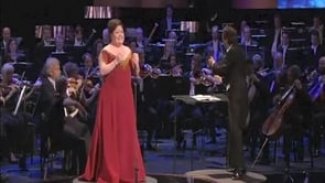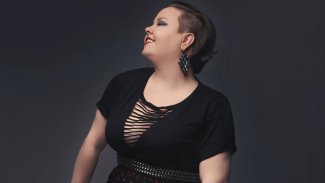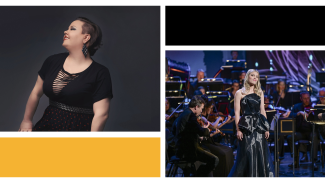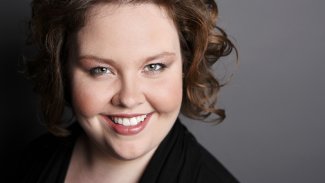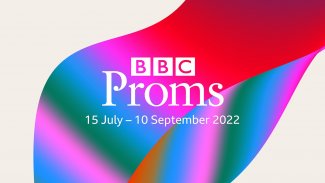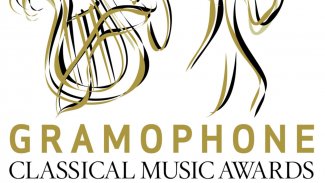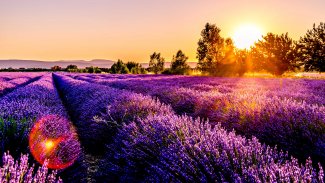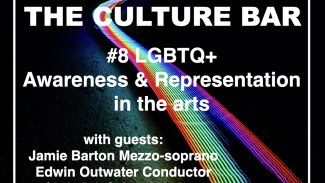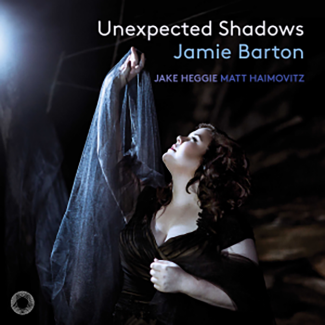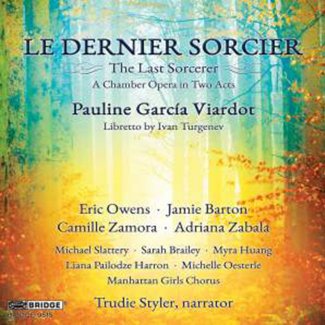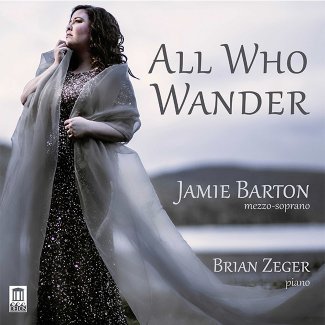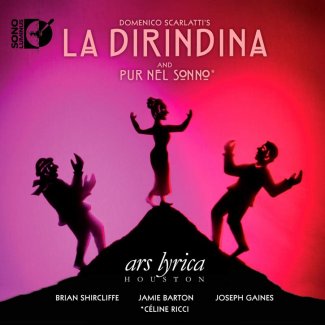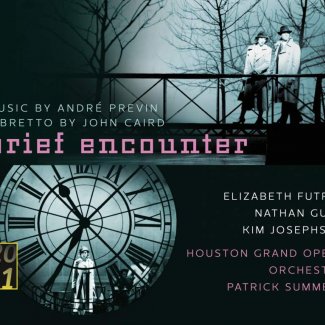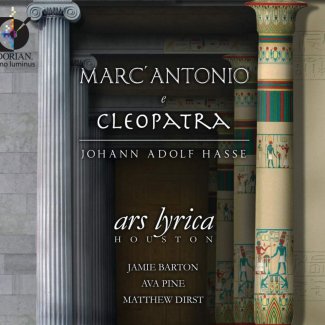Jamie Barton
Mezzo-soprano
“The voice is rich, generous and vibrant, big but beautifully controlled, impeccably smooth throughout its range. It’s the sort of instrument you could listen to all day, in any sort of repertoire”
(Hugo Shirley, Gramophone)
Show More
Gallery

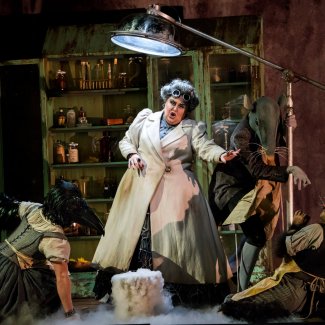
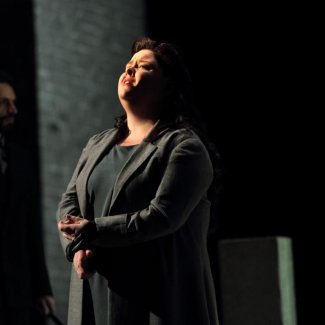
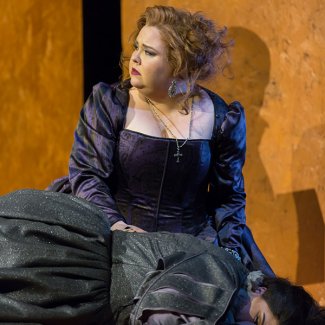
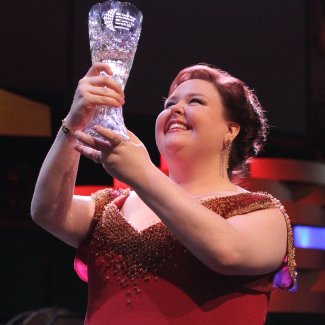
Classical voice America, December 2024
Parterre Box, October 2024
New York Classical Review, October 2024
Seen and Heard International, April 2024
Olyrix, November 2023
Mike Hardy (Operawise), July 2023
Claudia Pritchard (Culture Whisper), June 2023
Erica Jeal (The Guardian), June 2023
Mike Pullinger (Bachtrack), June 2023
Opera magazine, April 2023
(Opera Magazine, June 2020)
(OperaMag, Feb 2020)
(Anna Piccard, The Times, December 2019)
(Rupert Christiansen, The Telegraph, December 2019)
(Erica Jeal, The Guardian, December 2019)
(Rupert Christiansen, The Telegraph, December 2019)
(Opera Magazine, October 2019)
(Richard Morrison, The Times, September 2019)
(Richard Fairman, Financial Times, September 2019)
(Opera Magazine, June 2019)
(Musical America, May 2019)
(New York Times, March 2019)
(Classical Voice North America, February 2019)
(Chicago Sun-Times, November 2018)
(Opera Magazine, October 2018)
(San Francisco Examiner, September 2018)
(San Francisco Chronicle, September 2018)
(San Francisco Examiner, September 2018)
(Opera News, September 2018)
(Berkshire Fine Arts, September 2018)
(Classical Voice North America, September 2018)
(Opera Magazine, August 2018)
(San Francisco Examiner, June 2018)
(San Francisco Classical Voice, June 2018)
(Limelight Magazine, June 2018)
(DC Metro Theater Arts, March 2018)
(Washington Post, March 2018)
(New York Times, Anthony Tommasini, December 2017)
(Financial Times, December 2017)
(Neil Fisher, The Times, November 2017)
(The Guardian, November 2017)
(Bachtrack, November 2017)
(Evening Standard, November 2017)
(Bachtrack, November 2017)
(Opera Magazine, August 2017)
(Editor's Choice, Hugo Shirley, July 2017)
(New York Classical Review, June 2017)
(Zachary Woolfe, York Times, June 2017)
(Financial Times, June 2017)
(BBC Music Magazine, June 2017)
(Opera Magazine, April 2017)
(New York Classical Review, February 2017)
(Huffington Post, February 2017)
(Financial Times, February 2017)
(WQXR, February 2017)
(Classical Source, February 2017)
(Zachary Woolfe, New York Times, December 2016)
(Rupert Christiansen, The Telegraph, October 2016)
(Zachary Woolfe, New York Times, July 2016)
(Musical Toronto, July 2016)
(Anne Midgette, Washington Post, July 2016)
(Opera Magazine, George Hall, August 2016)
(Opera Magazine, Russ McDonald, August 2016)
(The Guardian, June 2016)
(Opera Magazine, April 2016)
(Opera Magazine, January 2016)
(Opera Magazine, December 2015)
(LA Times, November 2015)
(Orange County Register, November 2015)
(Seen & Heard, November 2015)
(Bachtrack, November 2015)
(Wall Street Journal, October 2015)
(Wall Street Journal, October 2015)
(New York Times, September 2015)
(New York Classical Review, September 2015)
(The Times, September 2015)
(The Guardian, September 2015)
(Seattle Times, August 2015)
(Bachtrack, August 2015)
(The Daily, August 2015)
(Opera Magazine, July 2015)
(Houston Press, April 2015)
(Broadway World, February 2015)
(New York Times, February 2015)
